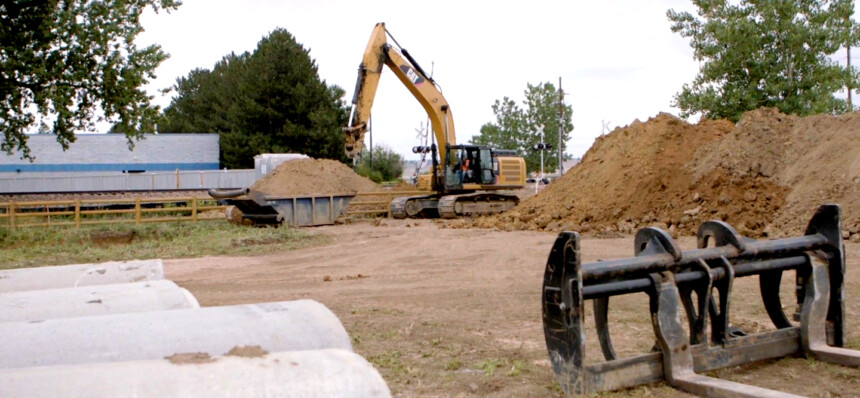In certain industries, fatigue is something that simply lowers productivity. But in sectors such as construction, fatigue can lead to serious workplace accidents and injuries.
Put it in this context for a moment. A person who has been awake for 17 consecutive hours has similar physical and cognitive capabilities as someone with a blood alcohol level of 0.05. That’s the legal driving limit in Australia, New Zealand and Canada. At 21 hours, you’d be at 0.08 when drinking alcohol, the U.S. legal limit. After 24 hours, your mental state would be equal .10. Needless to say, working construction in this condition would be an accident waiting to happen. That’s why it’s incumbent upon employers and employees to manage fatigue.
What Causes Fatigue?
Becoming exhausted can entail more than just being awake too long. There are several interrelated issues that can also contribute. These include:
- Irregular Work Schedule: Besides long hours, irregular shifts can disrupt sleep schedules. This may impede a worker’s ability to physically and mentally recharge for the next shift. They’re basically tired before they even start.
- Interrupted Sleep: The best type of sleep is that deep R.E.M slumber. Getting it requires 7.5-9 continuous hours. When sleep gets broken into smaller time periods, it’s less healthy and effective.
- Work Conditions: Extreme weather and the physical demands of a construction environment can wear employees down quickly. Noise, vibrations, air quality, heat and cold are contributing factors.
- Stress: Heightened emotional states take up a great deal of personal energy. When things go poorly or supervisors amp up criticism, it tires people out. Also, external factors such as trouble in the family and unresolved conflicts tend to wear workers down. Stress exists in the mind and effects the body.
Employer Responsibilities
Every employer has a duty to provide a reasonably safe work environment. Fatigue greats an inherent safety risk and some due diligence can help keep people out of harm’s way.
- Appropriate Scheduling: Regulations require lunch and coffee breaks. But beyond those rest periods, consider the length of schedules. Avoid allowing employees to work double shifts even when they want to earn extra money. Also, keep in mind how long they’ll have off before the start of the next shift and total hours worked per week.
- Manage Energy: It stands to reason that people will grow tired toward the end of a shift. Schedule critical and more hazardous tasks early when possible to reduce the possibility of an accident.
- Manage Labor: Some tasks are more physically demanding than others. Shuffle tough jobs between employees throughout the shift to minimize exhaustion.
Employee Responsibilities
The burden of managing fatigue doesn’t fall on the employer alone. In any construction company, people are all in it together. It’s important that employees take reasonable steps to be alert and functioning at a high level on a jobsite. Minimum standards should include things such as:
- Getting a full night’s sleep
- Practice good sleeping habits
- Show up fully rested
- Relax during scheduled breaks
- Take in enough nutrients and calories to function
- Avoid stimulants for short-term energy
Develop A Policy
By creating an explicit policy for labor and management personnel to review, you’ll put everyone on the same page. Include on-site employer guidelines as well as what the company expects from its employees. A well rested workforce is a productive workforce. And, a safety-conscious policy could prove helpful with insurance premiums.






